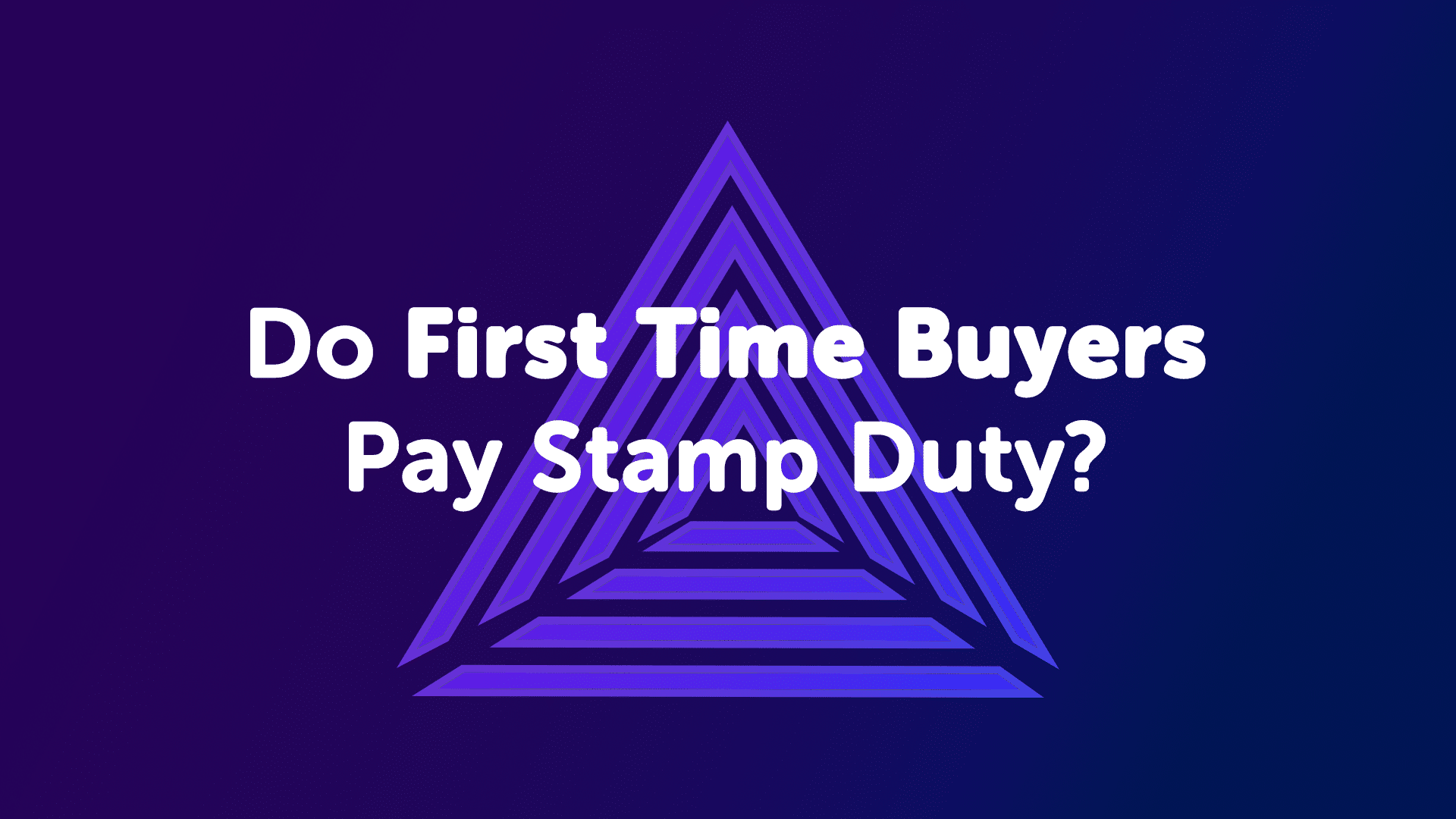If you’re a nurse in Derby and thinking about getting a mortgage, you’re in a great position.
Whether you’re on a permanent NHS contract, working shifts through an agency, newly qualified or self-employed, there are a wide range of options available.
Lenders are familiar with the healthcare sector and increasingly understand the unique working patterns that come with it.
With the right support, getting a mortgage as a nurse can be more straightforward than you might expect.
Can a Nurse Get a Mortgage in Derby?
Yes, nurses can apply for a mortgage, and many lenders consider them strong applicants. Nursing is a respected and in-demand profession, which offers a sense of job security that lenders value.
As long as you meet standard criteria around income, deposit and credit history, you’re likely to find lenders willing to work with you.
What Types of Nurses Are Eligible?
All types of nurses can apply for a mortgage. This includes hospital-based nurses, midwives, mental health nurses, community care workers and specialist practitioners.
It doesn’t matter if you work full-time, part-time or on a flexible contract. What matters is that your income can be documented and appears reliable over time.
What is an NHS Mortgage?
An NHS mortgage isn’t a product in itself, but some lenders do offer enhanced terms to NHS employees.
These might include lower interest rates, higher borrowing limits or a more flexible approach to income criteria.
If you’re employed by the NHS in Derby, it’s worth checking whether you qualify for any of these offers.
These perks are designed to make it easier for NHS staff to access affordable housing, recognising the vital work they do and the stability of their employment.
How Much Can a Nurse Borrow?
The amount you can borrow will depend on several factors including your salary, regularity of income, credit history, and current financial commitments.
Most lenders calculate borrowing potential using income multiples, but they’ll also run affordability checks.
If you regularly earn overtime or pick up additional shifts, some lenders may consider this when assessing your income.
Documenting this clearly can help you borrow more, especially if you’re applying for a first time buyer mortgage in Derby.
Can Nurses Get Better Mortgage Rates?
While there’s no guaranteed discount, some lenders offer more favourable terms to NHS staff, including nurses.
This might mean better rates or lower deposit requirements, particularly if you’re applying through a broker who has access to specialist lenders.
Ultimately, your credit score, deposit size and income will still influence the rate you receive. Being a nurse may give you access to deals that aren’t widely advertised.
What Types of Mortgages Are Available to Nurses?
Nurses can access the full range of mortgage products. Fixed-rate mortgages are a popular choice for those wanting payment consistency.
Variable and tracker mortgages offer more flexibility and could lead to lower payments when interest rates fall, but they also carry more risk.
If you’re investing in property alongside your nursing role, there are buy-to-let mortgage options in Derby available, provided you meet the income and deposit requirements.
What Mortgage Criteria Do Nurses Need to Meet?
Lenders will want to see evidence of stable income, a good credit history and a deposit of at least 5 percent, although more is often beneficial.
If you’re on a temporary or bank contract, you may need to show several months of payslips or contracts to prove consistent earnings.
Affordability is also based on existing financial commitments, so your outgoings and any other debts will be factored into the decision.
Why Might a Nurse Struggle to Get a Mortgage?
Some nurses may find it harder to secure a mortgage due to irregular income, contract type or limited credit history.
This is especially common among newly qualified nurses or those who work on a flexible or part-time basis.
Student debt or a lack of long-term financial history can also be a factor. These challenges don’t mean you’ll be turned down, but you may need to provide extra paperwork or consider a specialist lender.
What Documents Will Nurses Need?
Typically, you’ll need a valid photo ID, proof of address, recent payslips, bank statements, evidence of your deposit and a copy of your employment contract.
If you receive additional income from agency shifts or overtime, provide documentation to show this consistently.
Organising your documents in advance can speed up the process and reduce the risk of delays.
Can a Nurse Get a Mortgage if Self-Employed?
Yes, self-employed nurses can apply successfully. This includes those who offer private care or work on a contract basis.
Lenders will usually ask for at least one to two years of tax returns, along with SA302 forms and business accounts.
If you’re applying for a self employed mortgage in Derby, showing stable earnings over a period of time will be key. A mortgage advisor can help you present your application in the best possible way.
Can I Get a Mortgage on a Temporary Nurse Contract?
Yes, although more documentation may be needed.
If you’ve worked consistently on temporary contracts for several months or more, and can prove your income through payslips and contract history, some lenders will accept your application.
Lenders will want to see that your earnings are likely to continue, even if your contracts are short term.
Do Variable Shifts Affect Mortgage Approval?
Variable shifts are common in nursing and don’t automatically create problems. Lenders often average your income over the past three to six months to get a sense of your usual earnings.
As long as you can show regular deposits into your bank account and a consistent pattern of work, you should still qualify.
Being upfront about your shift structure and providing supporting evidence helps strengthen your application.
Can Agency and Bank Nurses Get a Mortgage?
Yes, agency and bank nurses in Derby can apply. Lenders may want to see a longer earnings history, often six to twelve months, to understand how consistent your income is.
If you regularly work and have payslips to show for it, you’re likely to be considered.
Make sure your documentation includes all contracts, shift records and bank statements where your income is deposited.
Can Carers Apply for a Mortgage?
Carers face similar income structures to nurses and can also apply. Whether you’re salaried or self-employed, your application will be judged on income reliability and affordability.
Some lenders are more familiar with care sector income and will work with applicants who have varied earnings, especially if supported by consistent bank deposits and employment records.
How Do Student Loans Affect Nurses Applying for Mortgages?
Student loans are factored into your affordability calculations, but they don’t block your application.
Lenders will look at your monthly repayment, not the overall balance, to see how it affects your ability to pay a mortgage.
If the repayment is modest compared to your income, it’s unlikely to cause issues.
Can Newly Qualified Nurses Get a Mortgage?
Yes, even if you’ve only recently started working. Lenders may accept your employment contract or a job offer letter as evidence of income.
If you’re on a permanent contract and have a deposit saved, there are lenders who will consider your application, even without years of payslips.
Can Nurses Over 50 Get a Mortgage?
Yes, many lenders offer mortgages for over 50s in Derby, including products with shorter terms or retirement-friendly repayment structures.
Your pension income and retirement plans may be reviewed, but many nurses continue working well into their sixties.
Lenders will simply want to be confident that you can meet the repayments throughout the mortgage term.
Are There Mortgage Options for NHS Workers?
Yes, although they’re not exclusive to the NHS, some lenders provide enhanced options for healthcare professionals.
These might include better rates, lower deposit requirements or more flexible underwriting, based on your profession and the reliability of your income.
It’s always worth mentioning your NHS role to your mortgage advisor, who can help identify any relevant offers.
Are Nurse Mortgages Different from Standard Ones?
No, the products are the same, but the way lenders assess your application may differ slightly.
They may be more flexible when it comes to accepting multiple income sources or taking shift-based earnings into account.
You’re still applying for a standard mortgage, but the process may be smoother if you work with someone who understands the unique aspects of your role.
Can Nurses Get a Mortgage With Bad Credit?
Yes, although your options may be more limited.
Some lenders specialise in working with applicants who have poor credit histories, provided your current financial behaviour is solid. A larger deposit and stable income will work in your favour.
You may face higher rates initially, but remortgaging later can help bring costs down.
What Are the Benefits of Using a Mortgage Advisor in Derby?
A mortgage advisor can help you navigate the application process, especially if your income doesn’t fit a standard pattern.
At Derbymoneyman, the mortgage advisors in Derby work regularly with nurses and healthcare workers.
Whether you’re buying your first home, looking for a remortgage in Derby, or exploring products suited to your working pattern, they’ll help you understand your options clearly and find a mortgage that suits your situation.
Date Last Edited: May 29, 2025













